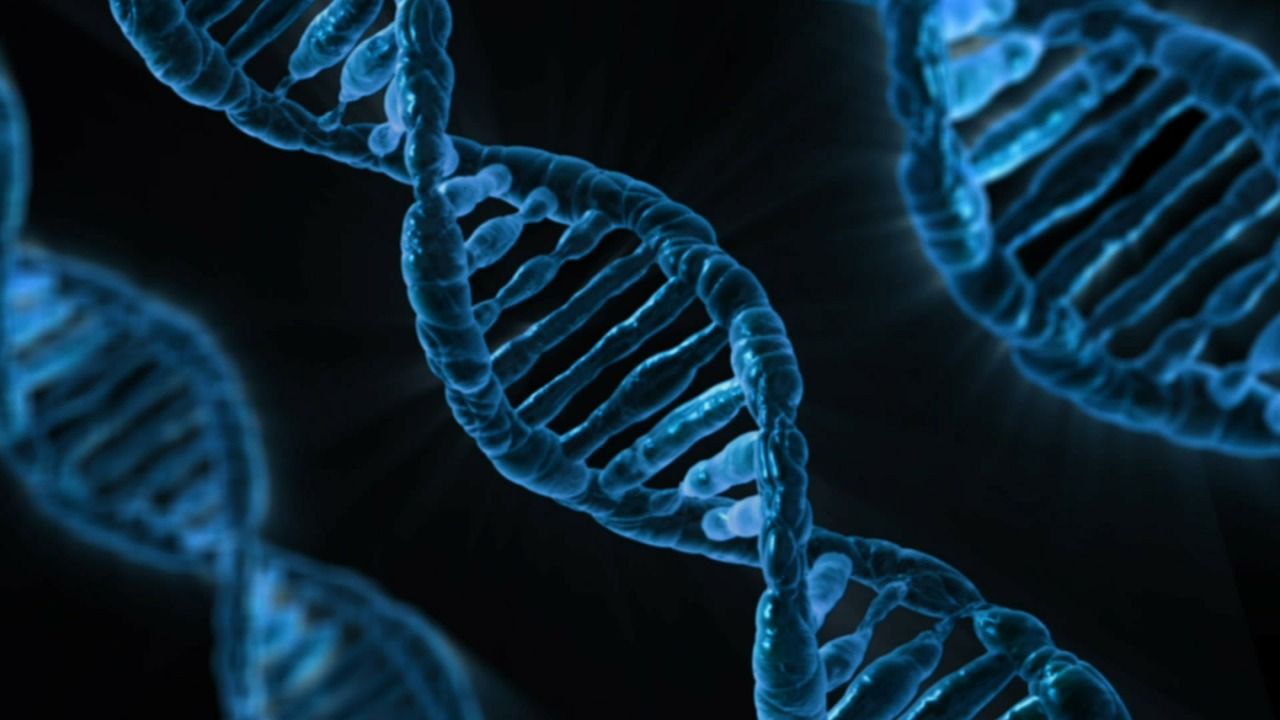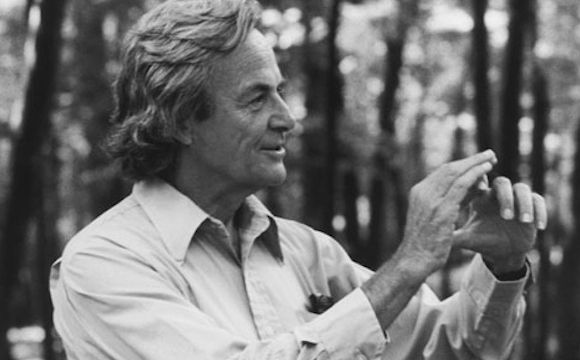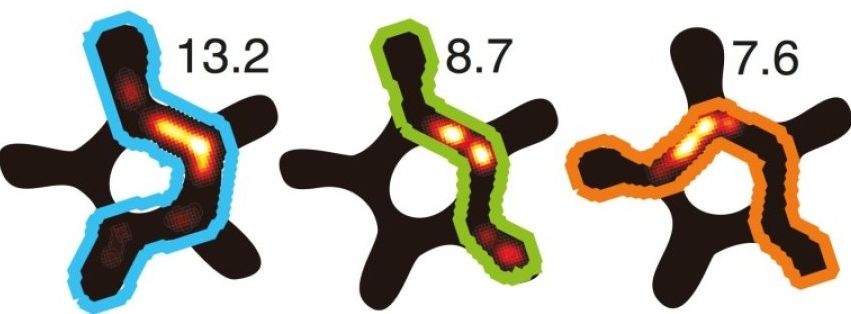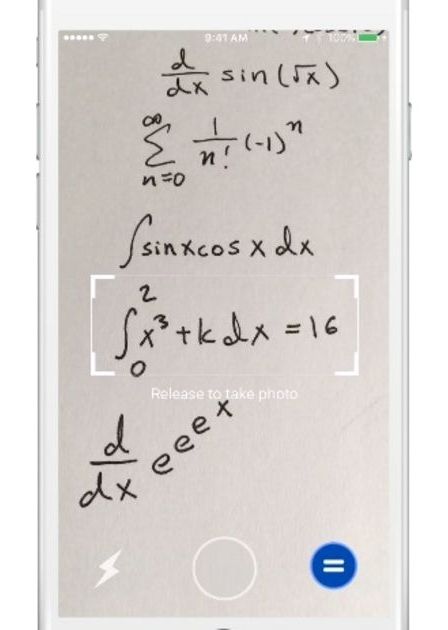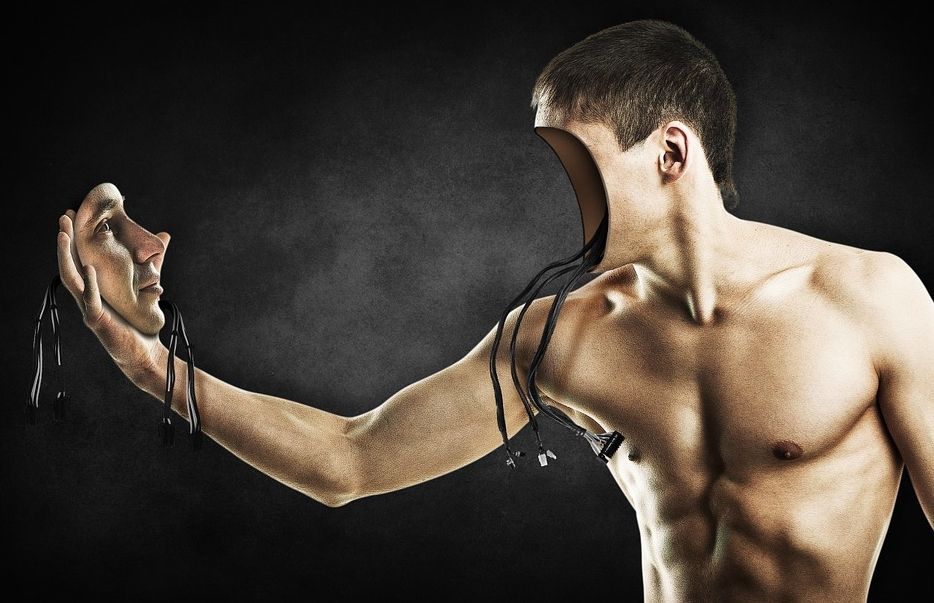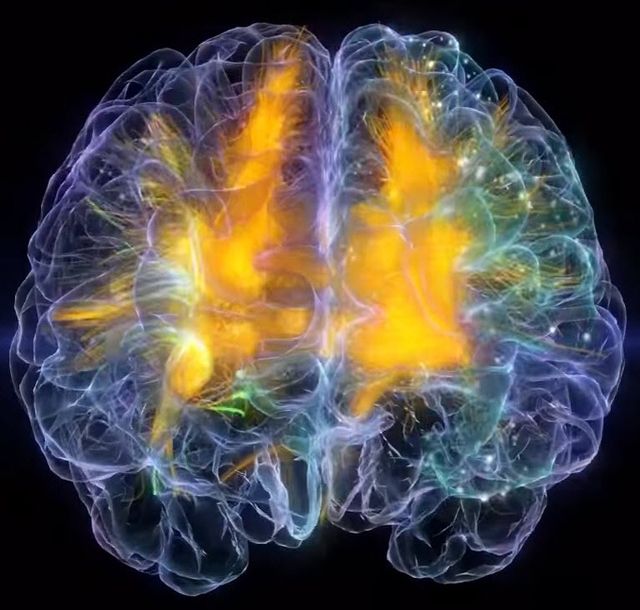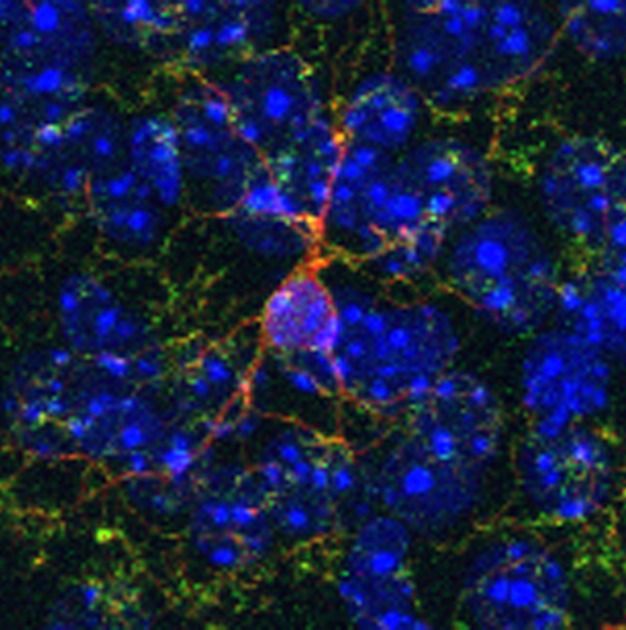May 24, 2016
Researchers identify genes linked to the effects of mood and stress on longevity
Posted by Bruno Henrique de Souza in categories: biotech/medical, genetics, life extension, neuroscience
The visible impacts of depression and stress that can be seen in a person’s face—and contribute to shorter lives—can also be found in alterations in genetic activity, according to newly published research.
In a series of studies involving both C. elegans worms and human cohorts, researchers from the Indiana University School of Medicine and the Scripps Research Institute have identified a series of genes that may modulate the effects of good or bad mood and response to stress on lifespan. In particular, the research pointed to a gene known as ANK3 as playing a key role in affecting longevity. The research was published May 24, 2016 in the Nature Publishing Group journal Molecular Psychiatry, the top ranked journal in the field of psychiatry.
“We were looking for genes that might be at the interface between mood, stress and longevity”, said Alexander B. Niculescu III, M.D., Ph.D., professor of psychiatry and medical neuroscience at the IU School of Medicine. “We have found a series of genes involved in mood disorders and stress disorders which also seem to be involved in longevity.
